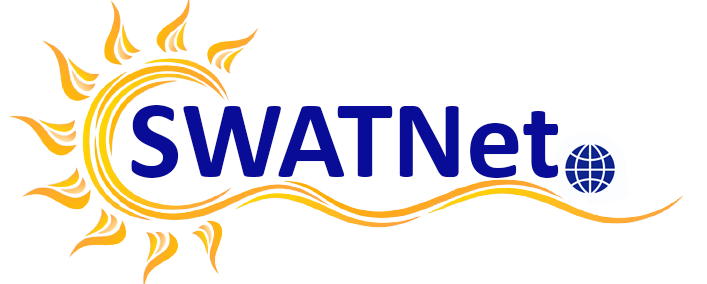Rules of Supervision
Here the arrangement, rules and guidelines related to supervision in SWATNet are presented. All supervisors in the consortium comply with the European Charter for Researchers and the Code of Conduct for the Recruitment of Researchers.
General principles
Each ESR will have at least
- a designated supervisor from the host institute
- a co-supervisor or advisor from the host institute
- a supervisor from the Secondment institute
- a non-academic mentor
The main supervisor is primary responsible for all aspects related to the training of the ESR at the host institute and for making sure that the obligations of the host institute towards the ESR are fulfilled. These include that the ESR will be clearly informed of obligations and benefits in SWATNet and that the ESR has received all required information and guidelines related to the MCSA ITN, has appropriate working contract and conditions, and that the ESR will receive sufficient guidance and monitoring of the progress of the PhD work.
The co-supervisor (or advisor, if applicable) will collaborate with the main supervisor in the ESR’s training, and in particular, will act as the back-up if the main supervisor is unable to provide the required supervision.
The supervisor from the Secondment institute will participate actively in the training, in particular during the Secondment period.
The non-academic mentor will participate in the bi-annual formal ESR’s progress meetings. He/she will be responsible of the industrial training and provide assistance of questions and concerns relating to non-academic transferable skills and career planning.
Supervision guidelines
Supervisors in SWATNet are all experts in their fields and are highly committed to undertaking the supervision of the selected ESRs. Common supervision guidelines have been set for the SWATNet project. The supervisors are obliged to
- ensure that the Career Development Plan is realistic
- ensure regular meetings with supervisors/mentors and also that there is a common understanding of how often they should meet, the mutual expectations with the ESR and the adherence to the set agreements
- monitor the progress of the PhD work and duly report to the Supervisory Board any problem foreseen to affect significantly the success of the PhD work
- ensure that the ESR participates actively to the ITN-wide activities (summer schools and workshops)
- provide proper guidance to the PhD thesis work so that the ESR has realistic chances to carry out successfully the research work assigned to them
- provide feedback on scientific papers in time (within two weeks if not otherwise noted)
- ensure that the ESR is tightly integrated to their host/secondment research team, as well as to the entire SWATNet community
- provide opportunities to develop transferable research skills through day-to-day research work, including science communication and outreach skills
- discuss career perspectives, including non-academic career options
- provide opportunities to present PhD work research results at scientific conferences and workshops and
- monitor issues related to well-being (e.g., work stress/pressure) and provide clear information where to find help, if needed
